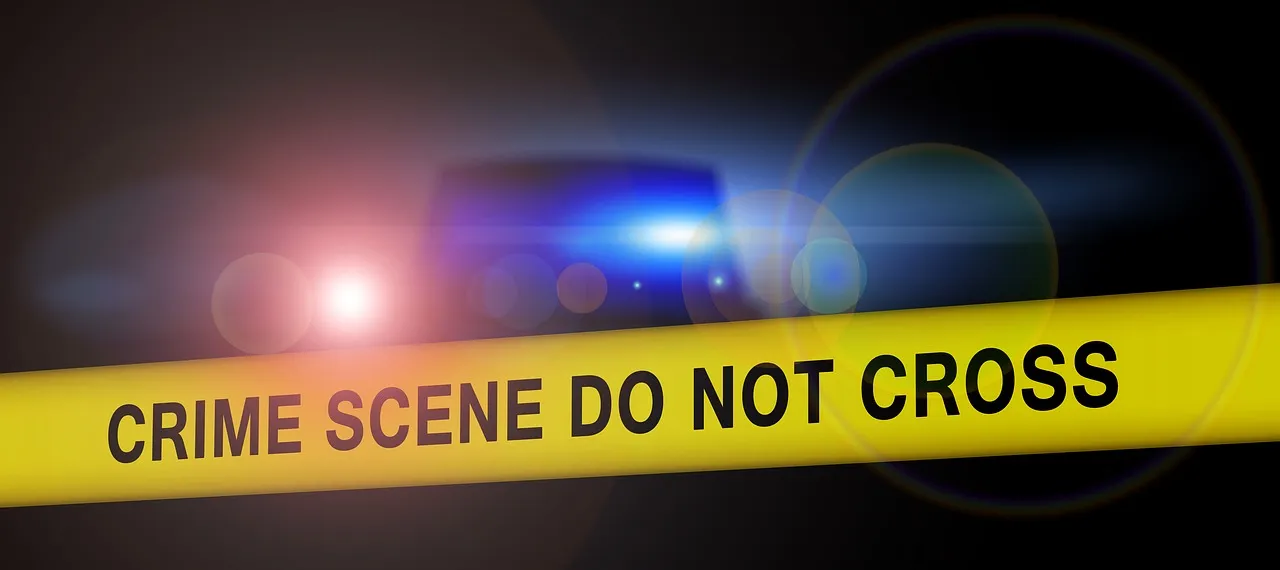Table of Contents
Kurt Mahlburg
Kurt Mahlburg is a writer and author, and an emerging Australian voice on culture and the Christian faith. He has a passion for both the philosophical and the personal, drawing on his background as a graduate architect, a primary school teacher, a missionary, and a young adults pastor. Since 2018, Kurt has been the Research and Features Editor at the Canberra Declaration. He is also a freelance writer, and a regular contributor at the Spectator Australia, MercatorNet, Caldron Pool and The Good Sauce.
In October, following months of speculation and controversy, Elon Musk closed on his deal to acquire Twitter.
Among the most valuable assets Musk obtained in the US$43 billion purchase were reams of secret internal communications amongst Twitter executives.
Musk made those communications public over the weekend, and summed up their contents by tweeting: “Twitter is both a social media company and a crime scene.”
Musk has tasked three independent journalists with unpacking that crime scene to the public, providing they publish their findings on Twitter first: Matt Taibbi, Michael Shellenberger, and Bari Weiss.
The Taibbi-Shellenberger-Weiss reports, since dubbed the Twitter Files, have set the internet on fire.
It is now without question that Twitter executives colluded with the FBI to systematically censor the speech of American citizens and a sitting American President. Their motives were political: a conclusion that is inescapable since Twitter’s leadership did their dark deeds in violation of the platform’s own policies.
Major figures at Twitter played their dystopian games while lying to the public. “We don’t shadow ban, and we certainly don’t shadow ban based on political viewpoints,” former CEO Jack Dorsey claimed during the Trump presidency.
At Senate hearings, Dorsey repeatedly and explicitly told Congress that he and his employees did not let their political viewpoints interfere with Twitter’s commitment to free speech.
Dorsey and his underlings — like former Chief Legal Officer Vijaya Gadde, and Yoel Roth, former Head of Trust and Safety — insisted that any censorship they enacted flowed from safety concerns for users, not the political whims of Twitter staff.
They told users that they intended Twitter as a place to break and discuss news, a free megaphone available to all, a global town square.
Behind closed doors, Twitter executives were shadow banning users they did not like, hiding their tweets, and making their profiles unsearchable via Twitter’s search bar. Users were censored arbitrarily and in secret, with no way to know they were being censored, much less protest or appeal the vindictive bans.
What Twitter did was the equivalent of Telstra putting static on the phone lines of Greens voters, or AGL feeding remote townships intermittent power as a punishment for voting National — all the while claiming innocence. Twitter’s secretive measures were far more widespread than the many outright suspensions the public knew about at the time.
As Glenn Greenwald, another independent journalist, has since commented:
Yoel Roth, meeting with FBI weekly, and his little censorship minions absolutely degraded Twitter into little more than a full-on Democratic Party activist machine, all while lying to the public about its function. This was a massive public fraud and 2020 election interference.
Stanford University epidemiologist Dr Jay Bhattacharya was one of Twitter’s many victims. I had the pleasure of meeting Dr Bhattacharya earlier this year in Sydney. It would be hard to find a more polite, measured, and thoughtful academic.
One of the original drafters of the Great Barrington Declaration, Bhattacharya’s great sin was to speak out against Covid lockdowns and school closures from 2020 onwards.
“I spent the afternoon yesterday at Twitter HQ at the invitation of @elonmusk to find out more about the trend ‘blacklist’ that twitter placed on me,” Bhattacharya today tweeted. He continued:
Twitter 1.0 placed me on the blacklist on the first day I joined in August 2021. I think it was my pinned tweet linking to the @gbdeclaration that triggered the blacklist based on unspecified complaints Twitter received… Twitter 1.0 rejected requests for verification by me and @MartinKulldorff. Each time the reasoning (never conveyed to us) was that we were not notable enough.
The most high-profile personality to be censored and ultimately suspended by Twitter was of course President Donald Trump.
“In this specific case, we’re changing our public interest approach for his account…” was how Yoel Roth justified the decision. It was a case of making up new rules on the fly to censor conservatives, delivering verdicts first and updating Twitter policies later — all while in open communication with FBI officials.
As one critic puts it: “Twitter didn’t enforce their rules, they sat around and discussed how they could interpret their rules to silence their enemies.”
For years we were told that Trump colluded with Russia to steal the 2016 election. It appears that in reality, the FBI was colluding with Twitter with the aim of stealing the 2020 election from Trump.
A Big Tech insurrection? A digital January 6?
I began writing about social media censorship in mid-2019. At the time, I was laughed down by many followers and even friends. I was told not to be so paranoid, not to indulge in conspiracy theories.
Pre-Musk Twitter has now been caught with its hands in the proverbial cookie jar.
The wokerati can claim that the United States government colluding with Big Tech to tilt elections and censor conservative Americans is good, but they can no longer claim it didn’t happen.
And for all those upset with Elon’s takeover of the little blue bird, I have a message for you: Twitter is a private company. If you don’t like how it’s being run now, go build your own social media platform.









